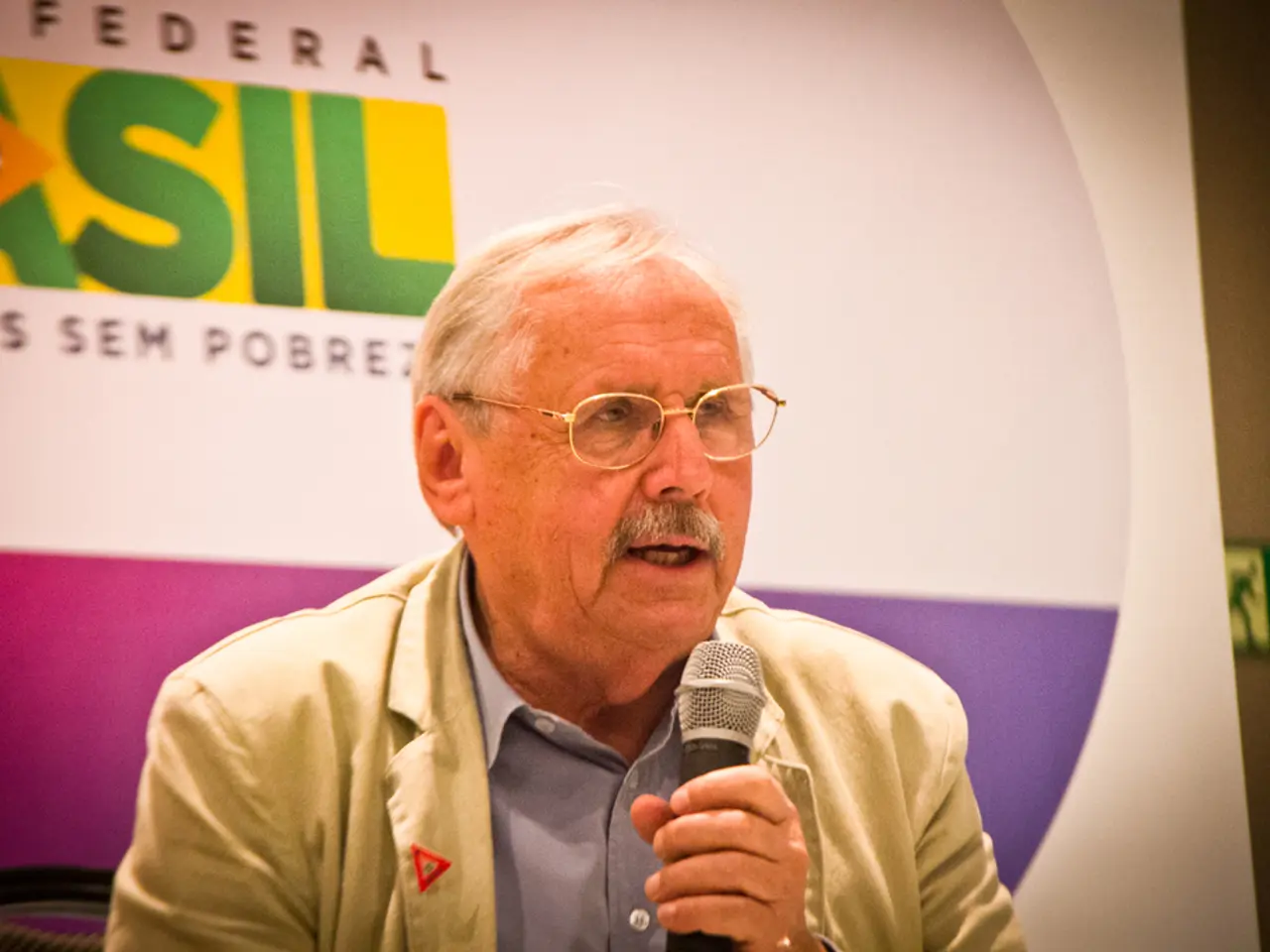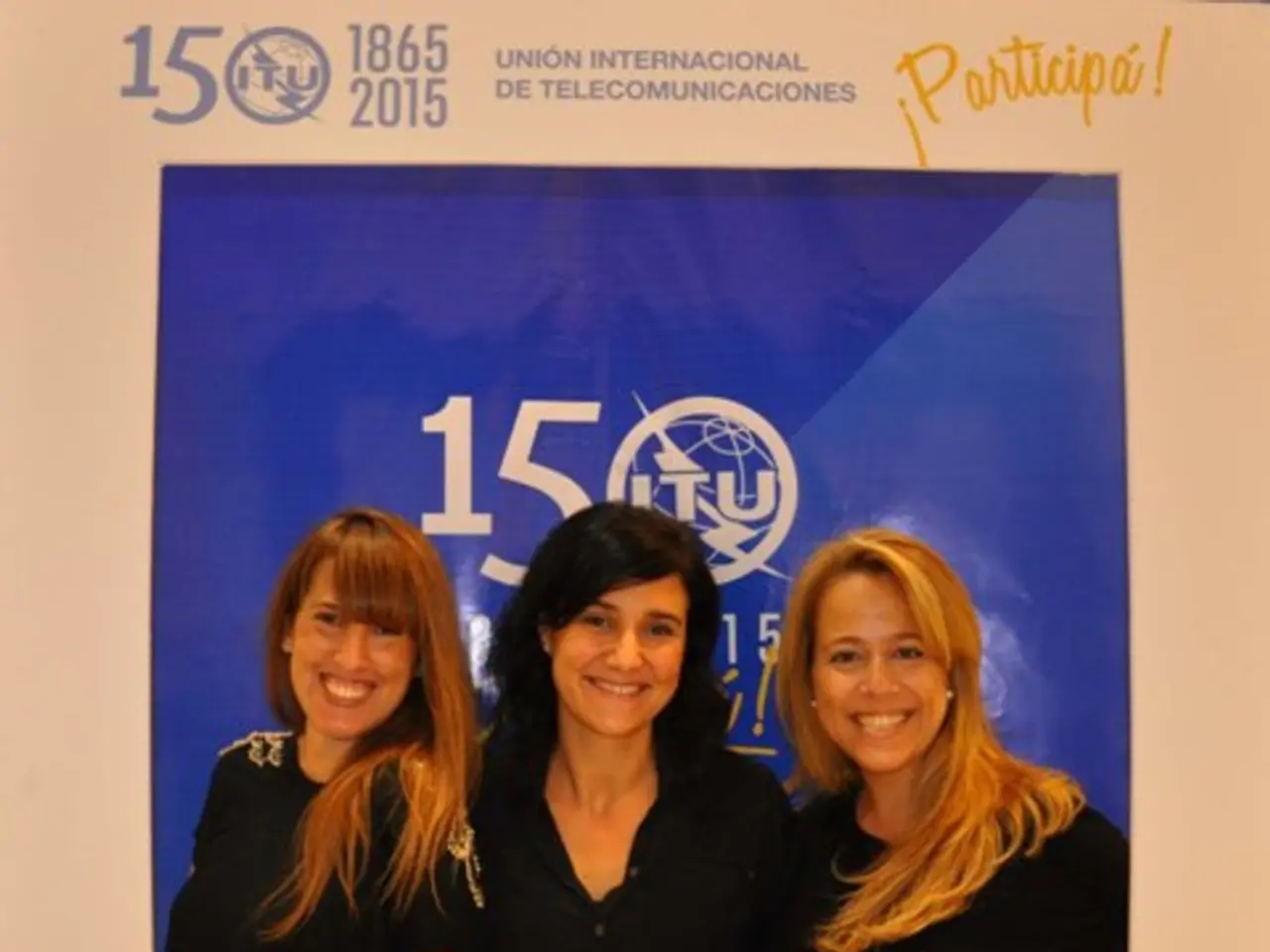Global Strategy Unveiled by UAE-Led Initiative for Decarbonizing the Waste Industry Worldwide
In a significant stride towards sustainable waste management, the Waste to Zero initiative, backed by the Ministry of Climate Change and Environment, has released its first Policy Hack Report. The report, a collective effort spearheaded by the UAE Independent Climate Change Accelerators (UICCA), aims to align global waste decarbonisation efforts with the Paris Agreement.
The report consolidates expert insights and policy recommendations for transforming waste management into a sustainable, circular, and low-carbon system. It emphasises the importance of developing a centralized database for waste management, a crucial step in efficient decarbonization efforts.
The Waste to Zero initiative, which boasts over 50 coalition members, aims to maintain momentum through ongoing working group sessions. The initiative's six strategic workstreams — data frameworks, financing, circularity solutions, legislative models, decarbonisation roadmaps, and behavioural engagement — are designed to address the various aspects of waste management and decarbonization.
The Policy Hack Report lays out a global roadmap to decarbonize the waste sector, with further developments expected ahead of COP30 in Brazil later this year. The report also recommends introducing carbon pricing, incentivizing grassroots recycling, and creating a centralized UAE waste database.
The initiative took a significant step forward with a Policy Hack event themed "The Critical Imperative to Decarbonise the Waste Industry". Various stakeholders gathered to address barriers in the sector and discuss potential solutions.
While the exact key recommendations from the Waste to Zero Policy Hack Report for decarbonizing the global waste sector are not explicitly listed in the provided sources, broader discussions on waste management and decarbonization strategies suggest several potential recommendations. These include:
1. **Centralized Data Management**: Developing a centralized database to track and manage waste effectively, which is crucial for efficient decarbonization efforts. 2. **Circular Economy Practices**: Encouraging the conversion of waste into valuable resources, promoting a circular economy. 3. **Waste-to-Resource Technologies**: Implementing technologies that convert waste into energy or other resources, reducing reliance on fossil fuels. 4. **Global Cooperation**: Enhancing international cooperation to share best practices and technologies in waste management and decarbonization. 5. **Policy and Regulatory Frameworks**: Strengthening policy and regulatory frameworks to support decarbonization efforts, including incentives for sustainable waste management practices.
The Waste to Zero initiative, under the leadership of H.H. Sheikha Shamma bint Sultan bin Khalifa Al Nahyan, President and CEO of UICCA, asserts that the report reflects a collective effort to drive tangible action across finance, policy, and public engagement. With the Policy Hack Report in hand, the initiative is poised to make a significant impact on the global waste sector, contributing to a more sustainable and low-carbon future.
- The Waste to Zero initiative, under the leadership of H.H. Sheikha Shamma bint Sultan bin Khalifa Al Nahyan, emphasizes the need for a centralized UAE waste database as part of its efforts to drive a more sustainable waste management system.
- The Policy Hack Report, released by the Waste to Zero initiative, aligns with the Paris Agreement by outlining a global roadmap for decarbonizing the waste sector, emphasizing the importance of developing data frameworks, financing, and legislative models.
- It has been recommended that countries adopt carbon pricing, incentivize grassroots recycling, and promote circular economy practices as part of their climate change and environmental-science policies to address climate-change and promote sustainability.
- In the field of science and environmental-science, research and development are focused on creating waste-to-resource technologies to convert waste into energy or other valuable resources, thereby reducing reliance on fossil fuels and contributing to a low-carbon future.
- ThePolicy Hack Report highlights the Waste to Zero initiative's six strategic workstreams, which include data frameworks, financing, circularity solutions, legislative models, decarbonisation roadmaps, and behavioural engagement, as key aspects of policy-and-legislation and politics that will drive the global waste sector towards sustainability.







